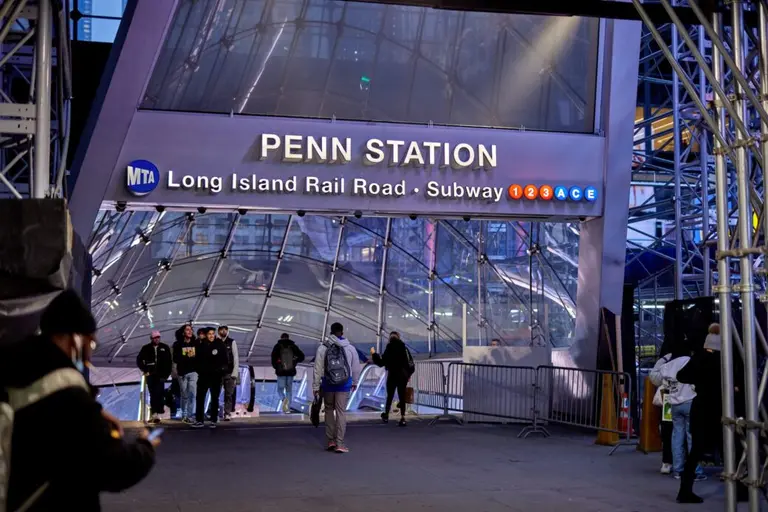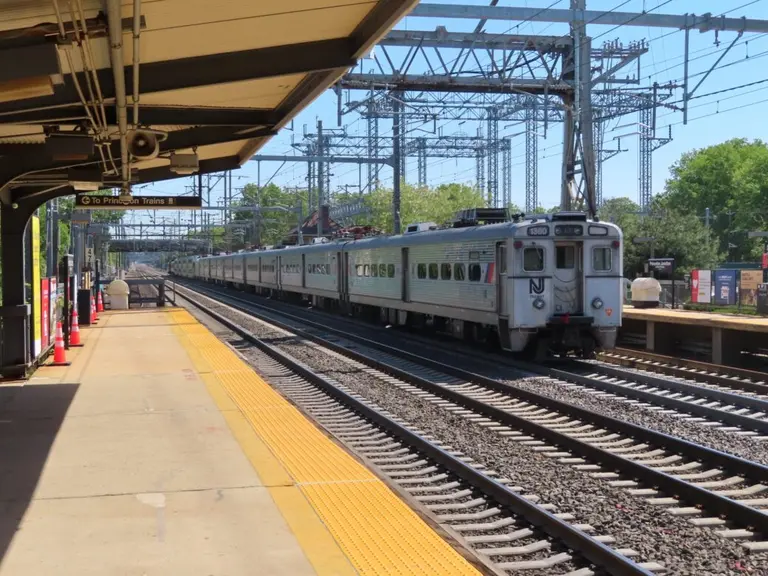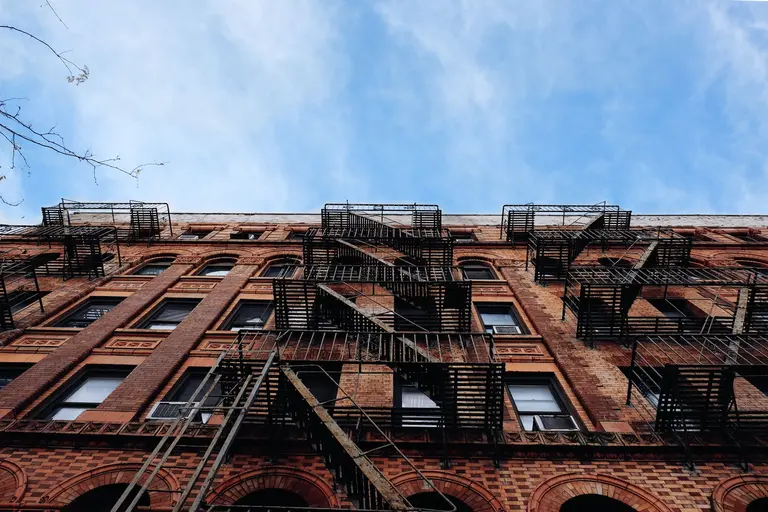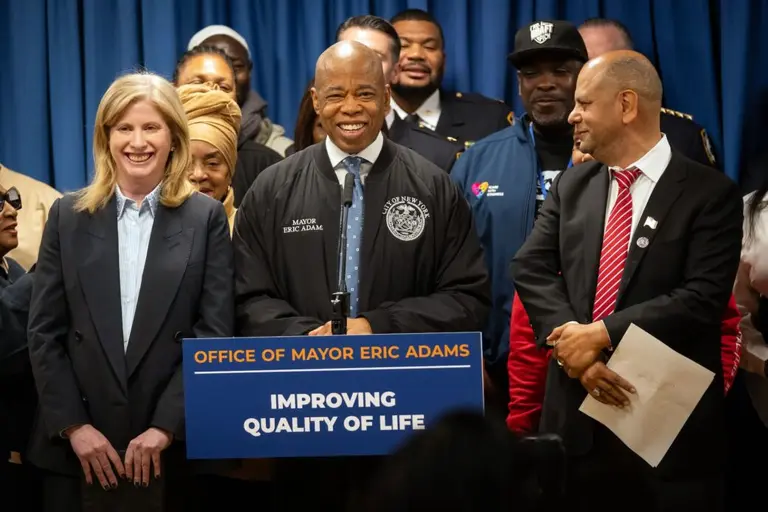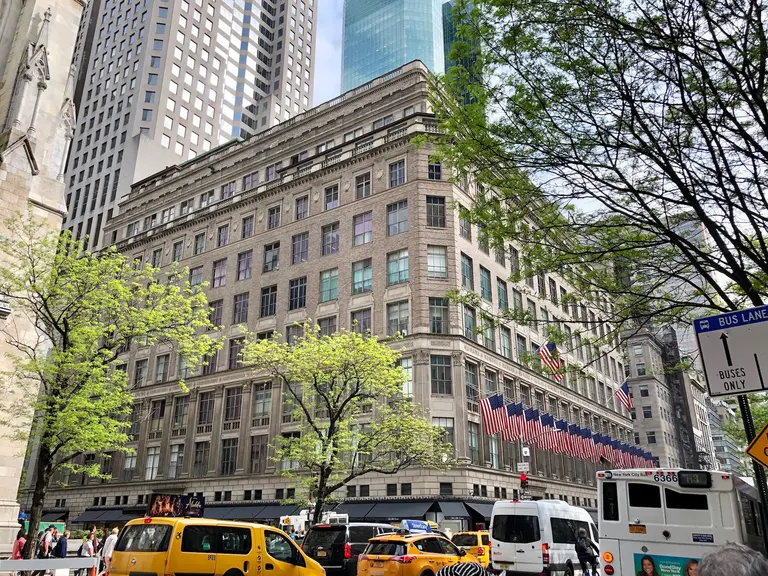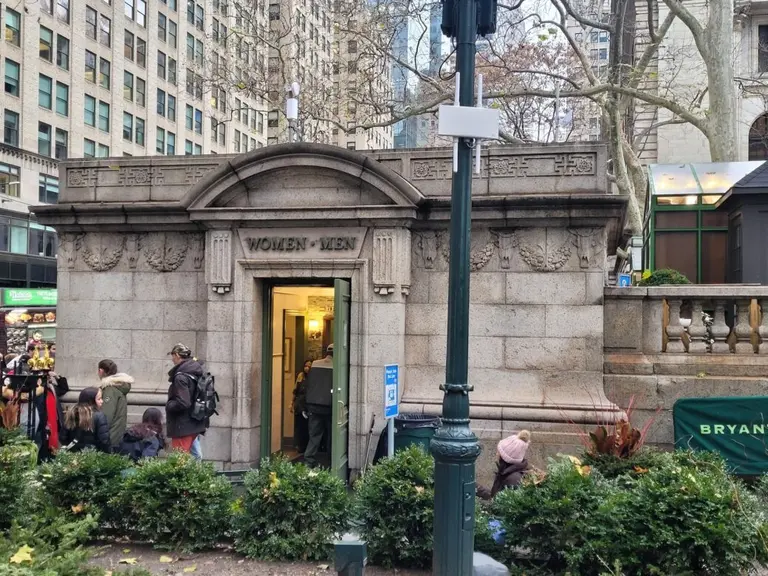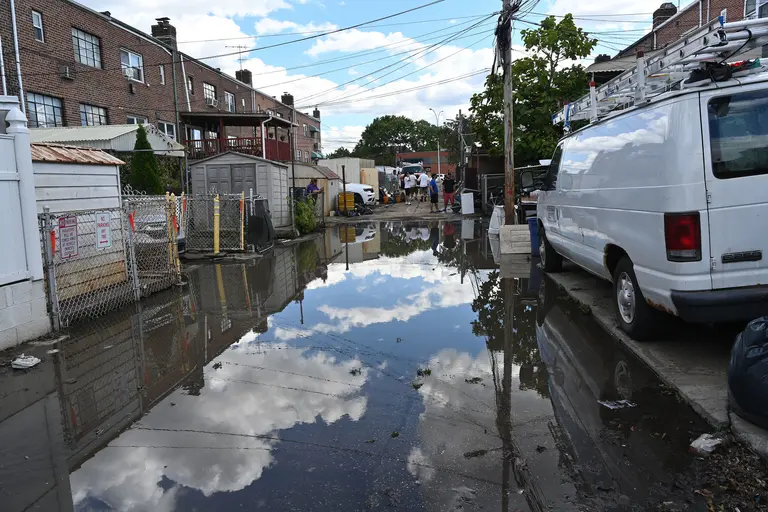Nearly all New York City residential buildings will have to containerize trash
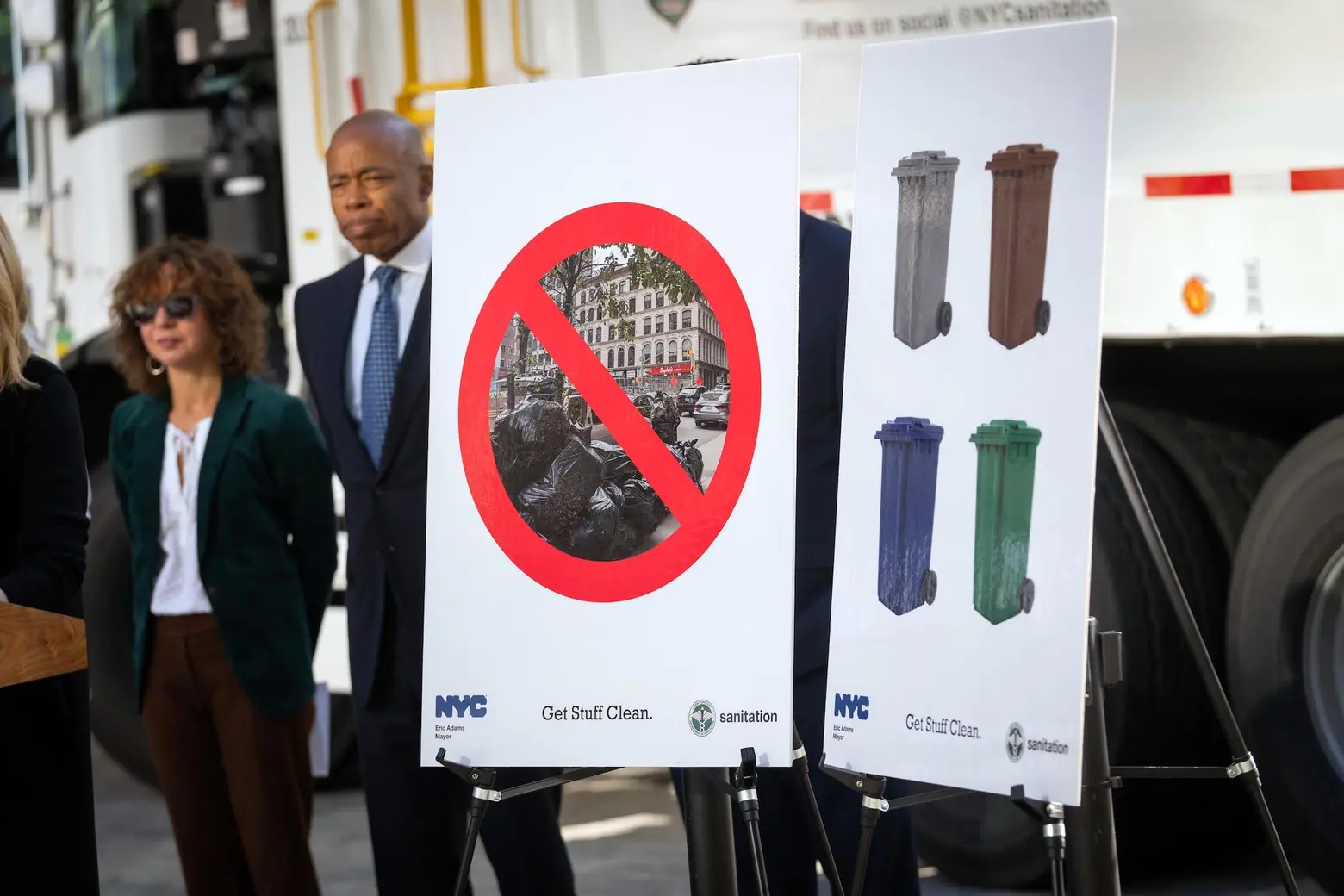
Image courtesy of Ed Reed/Mayoral Photography Office on Flickr
New York City’s ambitious plan to prevent garbage from piling up on streets and sidewalks has a new target: residential properties. Mayor Eric Adams and Department of Sanitation Commissioner Jessica Tisch on Wednesday announced all buildings with nine or fewer apartments will be required to place their garbage in a secure container starting in 2024. This covers 765,000 buildings in the city, or 95 percent of all residential properties across the five boroughs.
Adams has issued a request for proposals (RFP) for official NYC containerized bins that will be designed for collection by the DSNY. As part of the new bin’s design, DSNY will equip all of their collection trucks with mechanical tippers in order to speed up collection and prevent any spillage.
DSNY wants the official bins to come in multiple sizes to accommodate different types of buildings, be resistant to rats, and be easy to use by sanitation workers. With the new bins, NYC will join many of the world’s cities that have long abandoned the practice of throwing bags from the curb into the back of trucks by hand.
Property owners will be required to purchase the bin, but DSNY said its retail price will be far below the standard cost of store-bought bins. The RFP calls for a bin that can last at least 10 years and starts at no more than $50 for the most used size.
The full implementation of the program and use of the official city bins is expected in the summer of 2026.
The remaining residential buildings which have 10 or more units will likely have large trash containers that are placed on the street, instead of the sidewalk. The on-street approach is currently being piloted on 10 residential blocks and at 14 schools in Hamilton Heights.
The mayor’s announcement is part of a broader effort by the city to containerize trash, clean up the streets, and fight NYC’s rat population.
“Our administration is winning the war on rats, and we are keeping up the fight,” Adams said. “With this new plan to put residential trash in containers, 70 percent of trash in our city will be off our streets and out of rat buffet lines. We are moving aggressively to execute our ambitious vision and deliver the clean, safe city New Yorkers demand and deserve.”
According to a press release, calls to 311 reporting rat activity dropped by 20 percent citywide from the previous summer, and 45 percent in designated rat mitigation zones, eight rat-prone neighborhoods that were identified by the city’s Department of Mental Health and Hygiene in April.
In April, Adams pushed the window in which New Yorkers can put their trash on the curb from 4 p.m. to 8 p.m. The policy change was meant to make the streets cleaner, ease traffic and pedestrian flow, and reduce the number of rats drawn to trash.
Last month, Adams announced that all businesses will be required to store their trash in lidded containers beginning on March 1, 2024. Businesses can choose any type of container they want, as long as it has a lid, secure sides, and is stored inside or within three feet of the property line.
In September, DSNY unveiled a new, modernized litter bin that will gradually replace the city’s old green wire mesh trash cans. The shiny bin features a can made up of three parts: a concrete base to prevent it from falling over, a hinged metal lid, and a removable lightweight plastic basket for sanitation workers to empty, according to the New York Times.
RELATED:
